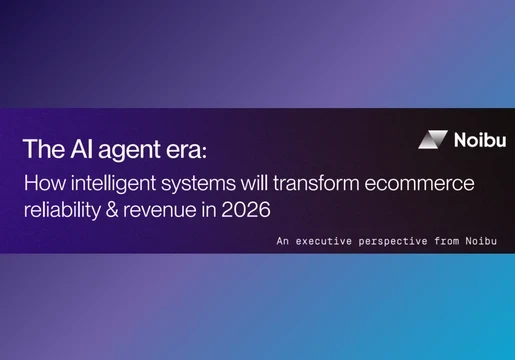
The Identity Management Revolution
In the wake of unprecedented workplace transformation, organizations find themselves navigating a complex landscape of digital identity management. The traditional boundaries of workplace security have dramatically shifted, creating both unprecedented challenges and opportunities for forward-thinking enterprises.
The Remote Work Paradigm
The global workforce has undergone a radical metamorphosis. What was once considered an occasional workplace flexibility has now become the standard operating model for millions of organizations worldwide. According to a comprehensive study by Gartner, by 2025, an estimated 60% of knowledge workers will operate in location-independent environments, fundamentally restructuring how businesses approach identity and access management (IAM).
The Mounting Challenges of Modern IAM
The Complexity of Digital Identity
The modern workplace presents a labyrinth of identity management challenges that extend far beyond traditional security perimeters. Consider the following critical dimensions:
1. Password Ecosystem Breakdown
Research from Microsoft reveals that the average employee now manages between 70-100 different passwords across various work and personal platforms. This cognitive overload creates a perfect storm of security vulnerabilities:
- 53% of employees reuse passwords across multiple platforms
- 22% write down passwords in unsecured locations
- Password reset requests consume approximately 30-50% of IT help desk resources
2. Device Proliferation and Management
The Cisco Annual Cybersecurity Report highlights the device management challenge:
- Enterprise environments now manage an average of 3.5 devices per employee
- 47% of organizations lack comprehensive device management strategies
- 35% of security breaches can be directly attributed to unmanaged or poorly secured devices
3. Distributed Workforce Complexity
The IBM Cost of a Data Breach Report 2023 provides stark insights:
- Identity-related breaches now account for 42% of all security incidents
- The average cost of such breaches has reached $4.87 million
- 68% of IT security professionals report increased complexity in access management due to remote work configurations
Strategic Approaches to Modern IAM
Zero-Trust Architecture: A Paradigm Shift
The National Institute of Standards and Technology (NIST) has developed a comprehensive framework that represents a fundamental reimagining of network security. The zero-trust model operates on a "never trust, always verify" principle, treating every access request as potentially suspicious.
Key implementation metrics demonstrate its effectiveness:
- Organizations implementing zero-trust architectures see an average 42% reduction in security breaches
- Initial implementation costs are offset by a 35% decrease in incident response times
- 89% of enterprises report improved security posture after adopting zero-trust principles
Adaptive Authentication: Intelligence-Driven Security
Machine learning and artificial intelligence have transformed authentication from a binary process to an intelligent, context-aware system. Adaptive authentication analyzes multiple factors:
- Geographic location
- Device characteristics
- Time of access
- Historical user behavior patterns
Forrester Research indicates that adaptive authentication can reduce unauthorized access attempts by up to 60%, providing a dynamic security layer that traditional static authentication methods cannot match.
Emerging Trends in Identity Management
The Rise of Passwordless Authentication
The FIDO Alliance predicts a transformative shift in authentication methodologies:
- 92% of security professionals anticipate passwordless authentication becoming mainstream by 2025
- Biometric and token-based authentication can reduce account takeover risks by up to 75%
- Major technology providers are investing heavily in decentralized identity technologies
Artificial Intelligence and Predictive Security
Machine learning algorithms are revolutionizing identity management:
- Ability to predict and prevent potential security breaches with unprecedented accuracy
- Analysis of massive datasets to identify subtle anomalies
- Dynamic risk assessment that adapts in real-time
Decentralized Identity Management
Blockchain and distributed ledger technologies are emerging as potential game-changers:
- User-controlled identity verification
- Reduced reliance on centralized authentication providers
- Enhanced privacy and personal data control
Economic and Operational Implications
Deloitte's 2023 Cybersecurity Insights report provides crucial economic perspectives:
- Companies with advanced IAM solutions can reduce security-related operational costs by up to 27%
- Integrated IAM platforms decrease unauthorized access attempts by 60%
- Long-term ROI significantly outweighs initial implementation costs
Conclusion: Navigating the Future of IAM
The identity management landscape has transformed from a technical necessity to a strategic business imperative. Organizations must view IAM not as a cost center, but as a critical enabler of digital transformation and workplace productivity.
Recommended Action Steps
1. Conduct a comprehensive IAM infrastructure audit
2. Evaluate adaptive and intelligent identity management platforms
3. Prioritize user experience alongside security considerations
4. Invest in continuous training and awareness programs
5. Embrace flexible, context-aware authentication methodologies







Comments ( 0 )